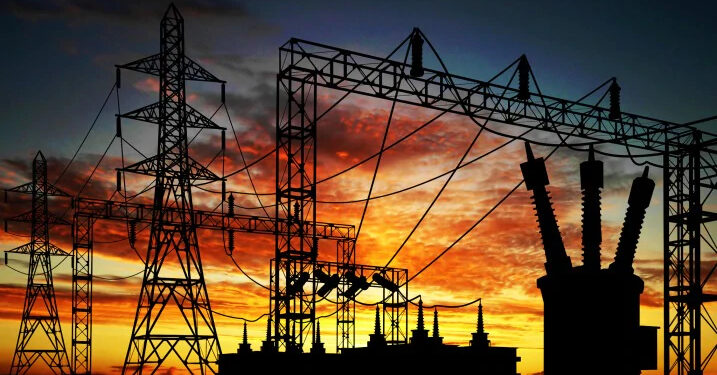By John Ikani
The Federal Government of Nigeria has blamed the current dip in electricity generation on the partial shutdown of the Oben gas plant.
A statement on Saturday, by Media Spokesperson of the Ministry of Power, Isa Sanusi, said the plant was shut down to address the repair of critical gas processing equipment.
“The incidence unfortunately occurred at a time when other power plants on other gas sources are undergoing planned maintenance and capacity testing,” the statement said.
“We wish to notify the public that Seplat Energy Plc has mobilized equipment, material and personnel to site with a view to expediting the restoration of normal gas supply to the affected power plants
“We have been assured that the repair work would be concluded this weekend and normalcy will be restored. While pleading with electricity consumers with the current state of supply, we wish to assure the general public that efforts are being made for a sustained improvement of supply across the country.”
It is worthwhile to note that it is the sixth time the power grid will collapse this year.
The government blamed the last collapse on “vandalism” on a transmission tower on the Odukpani – Ikot Ekpene 330kV double circuit transmission line, which led to a loss of about 400MW of generation.
Meanwhile, the Minister of Power Abubakar Aliyu has disclosed that the 14 reactivated IPP across the country will produce off-grid electricity of 1,000 MW.
Aliyu disclosed the maiden three-day Nigeria-African Natural Resource and Energy Investment Summit hosted by the Ministry of Mines and Steel Development in collaboration with other stakeholders in Abuja.
The maiden event has the theme: “Towards a Greener Africa” which ended at the weekend.
The minister said, “government has reactivated 14 IPP Solar Projects across the country. These IPPs, which are currently undergoing Technical and Financial Evaluation, shall contribute 1000MW off-grid. 10 state governments are enabling solar projects in their states that will deliver 100MW each contributing 1,000MW off-grid.
“The 10MW Katsina Wind Farms already contributing to the grid and is being considered for a solar hybrid that will optimise its availability to 20MW. Once we stabilise the base load through the hydropower plants at various stages of completion, we shall integrate all the off-grid structures to the national grid, increasing our energy mix.”
He noted that African governments must be proactive and responsive to the course collectively as that is a prerequisite for achieving a cleaner energy future, adding “It is only by this can Africa actualise its green transition”.
Speaking further on international partnership toward greener energy, Aliyu said, “Countries, like Nigeria, have made commitments to achieve their Nationally Determined Contributions (NDCs) in line with the Paris Agreement on Climate Change and the COP26 Agreement in Glasgow.
“To achieve this, we have to scale up our Solar, Wind, hydropower, and even the new hydrogen opportunities, including other new clean technologies.”
The minister added that Africa needs to focus on proven approaches, as well as the mobilisation of resources to take advantage of carbon-neutral energy sources.




































